
Douglas Fox is a freelance journalist who writes about life, earth and Antarctic sciences. His stories have appeared in Scientific American, National Geographic, Esquire, Virginia Quarterly Review, High Country News, Discover, Nature and The Best American Science and Nature Writing. His stories have garnered awards from the American Society of Journalists and Authors (2011), the National Association of Science Writers (2013), the American Geophysical Union (2015 and 2018) and the American Association for the Advancement of Science (2009 and 2017). Doug is a contributing author to The Science Writers’ Handbook (Da Capo, 2013).

All Stories by Douglas Fox
-
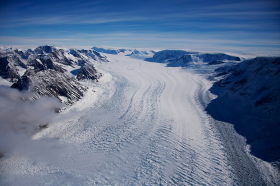 Climate
ClimateThe big melt: Earth’s ice sheets are under attack
Antarctica and Greenland are losing ice 3 to 6 times as quickly as in the 1980s. And by 2100, the rate of loss could increase another 10-fold.
-
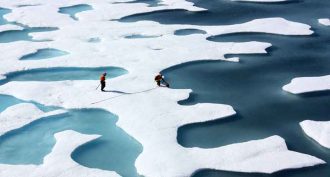 Earth
EarthWhy Antarctica and the Arctic are polar opposites
Antarctica and the Arctic are shaped by different forces. And in the face of global warming, these cold climates are morphing in different ways.
-
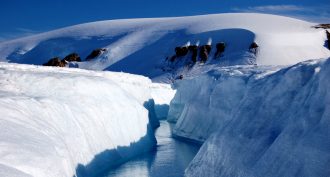 Earth
EarthClimate change cripples planet’s glaciers and ice caps
The world’s glaciers and ice caps hold far less ice than Antarctica and Greenland. But as they shrink, they’re impacting sea levels and water supplies.
-
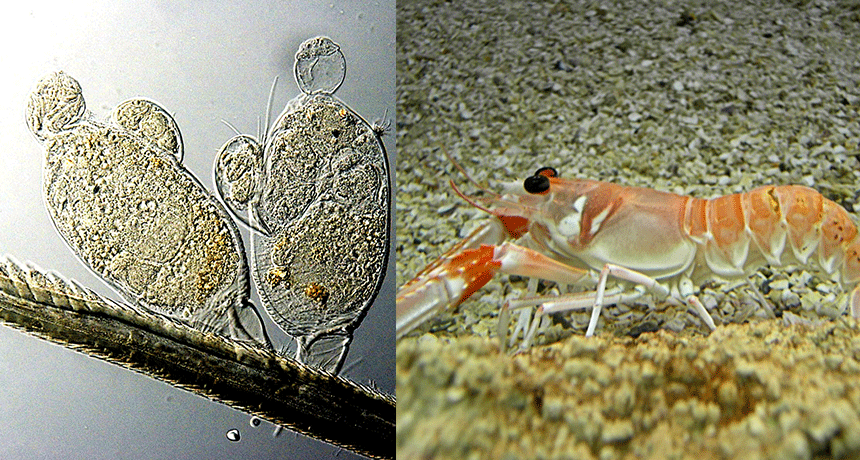 Animals
AnimalsLiving Mysteries: This complex beast lurks on lobster whiskers
A tiny animal discovered on a lobster’s whiskers shows that the smallest animals on Earth can be surprisingly complex.
-
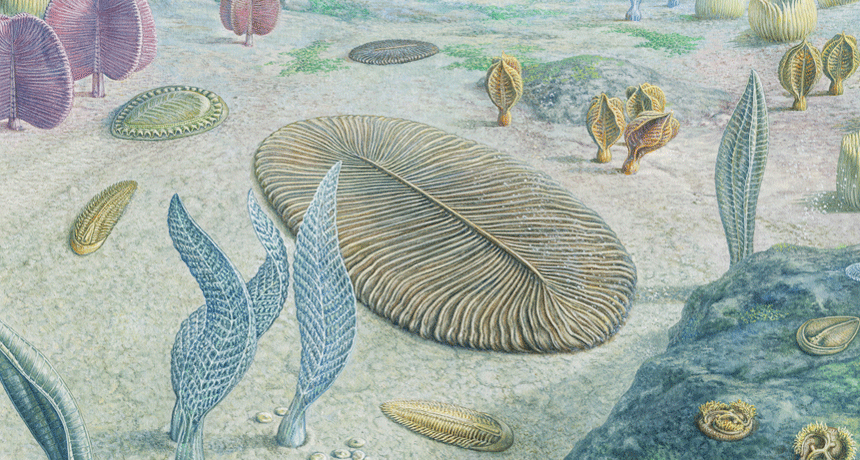 Animals
AnimalsLiving Mysteries: Meet Earth’s simplest animal
Trichoplax is the simplest animal on Earth. It has no mouth, stomach or brain. Yet it can teach how these and other organs evolved.
-
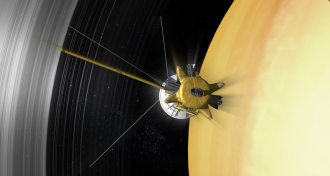 Planets
PlanetsA trail of cosmic dust may lead to alien life
Liquid water can be found even in the cold reaches of the outer solar system. Some hidden oceans may harbor warm oases cozy for living things.
-
 Earth
EarthHow ancient African fish feed today’s Amazon
Many of the world’s lushest tropical forests would starve if winds didn’t bring them nutrient-rich dust from across an ocean.
-
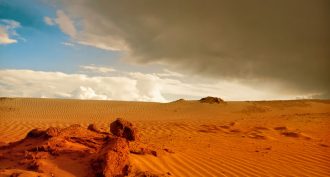 Earth
EarthDust creates deserts in the sky
Vast rivers of dust flow through the sky. This invisible force shapes our world in profound ways. And scientists are finally homing in on a major source.
-
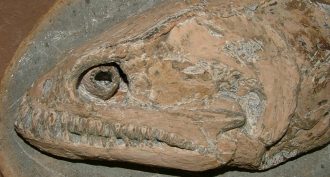 Animals
AnimalsSurprise! Fossils in a flash
By studying how dead tissues decay — or turn to ‘instant’ fossils — scientists are gleaning helpful clues to what ancient life looked like.
-
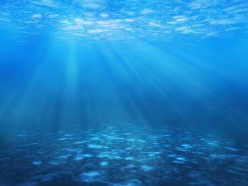 Microbes
MicrobesMystery microbes of the sea
Biologists find archaea a true curiosity. They make up one of life’s three main branches. The two better known branches are bacteria and eukaryotes (u KARE ee oatz). That last branch includes animals, plants and fungi. But archaea have remained mysterious. Very little is known about them. In fact, their unique status wasn’t even recognized until relatively recently, in 1977.
-
 Animals
AnimalsMud worth more than gold
Reed Scherer and Ross Powell have studied mud from all over the world. It is different in each place. Mud from the Sulu Sea near Borneo is as smooth as cream cheese. Mud from Chesapeake Bay, in the mid-Atlantic United States, clings to your skin like peanut butter.
-
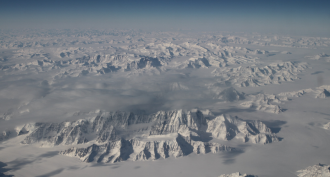 Earth
EarthExplainer: Ice sheets and glaciers
Ice sheets and glaciers give scientists clues about climate change.